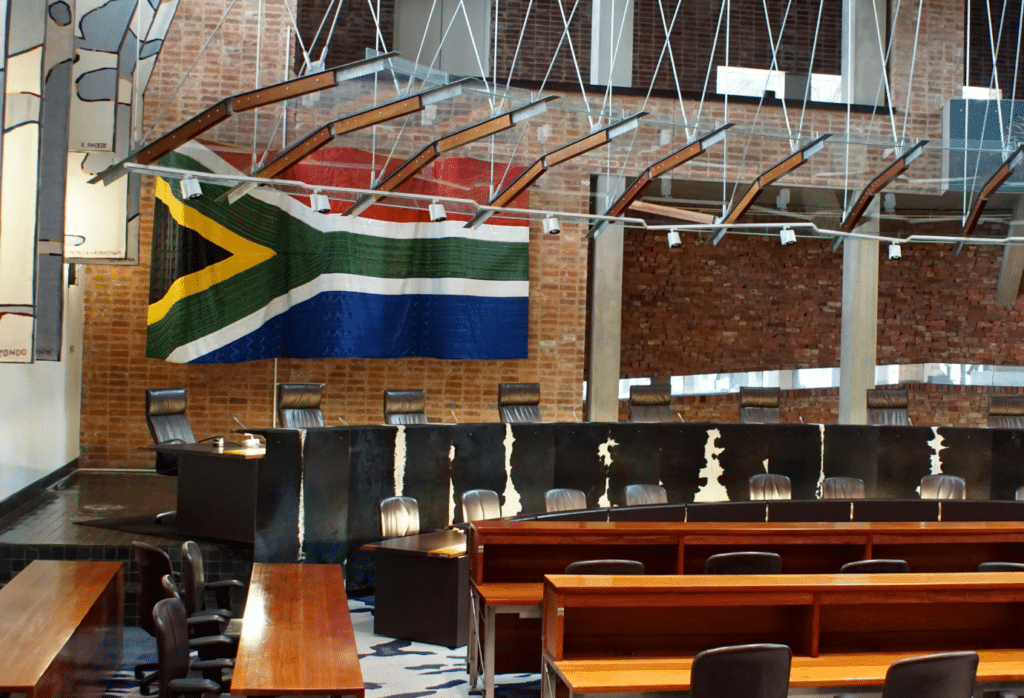South Africa has become the first country in Africa to introduce shared parental leave, allowing parents to choose how to divide four months leave between them after the birth of their baby, or adopting a child.
Last month, the Gauteng Division of the High Court in Johannesburg made the landmark judgement, changing the previous laws that allowed only mothers to four months of leave, while fathers or partners were given a maximum of 10 days leave.
Gender equality organisations in the country of 60 million have welcomed the decision that moves to normalise genderless parental leave in a continent where some nations still don’t offer fathers paid parental leave.
Nkululeko Mbuli, a communications strategist for Embrace, a Cape Town based social group for mothers, is positive about the latest policy change, but thinks “it still shortchanges mothers”.
“Mothers want to be excited but they are concerned about the practical implications,” she said, adding that the judgement doesn’t seek at “building a caring system”.
She also believes that unemployed individuals and those in volatile employment circumstances are continuing to be left out.
The gender equality organisation Equimundo is also celebrating the latest news. Wessel van den Berg, an officer working within the group’s MenCare campaign (whose mission is to “inspire men around the world – to become more involved fathers, more invested partners”) described the policy in South Africa as “a significant milestone” that “raises the bar on leave for parents in a wonderful way.”
“I’m thrilled our law is becoming more in line with our constitution,” he told The Guardian.
“The journey is far from over, but this judgment represents a promising step toward a more equitable and balanced caregiving landscape in South Africa.”
The International Labour Organisation (ILO) charter recommends parental leave (paid or unpaid leave offered by an employer) for both parents.

